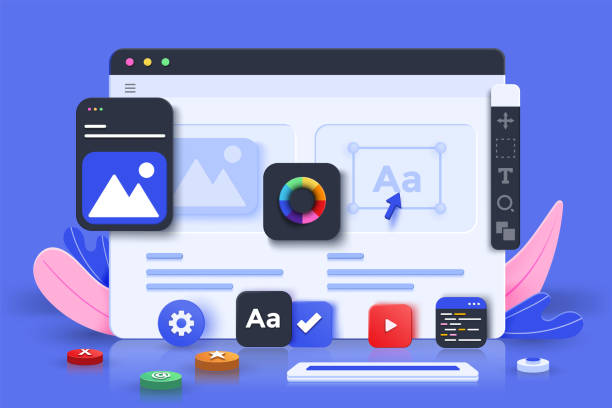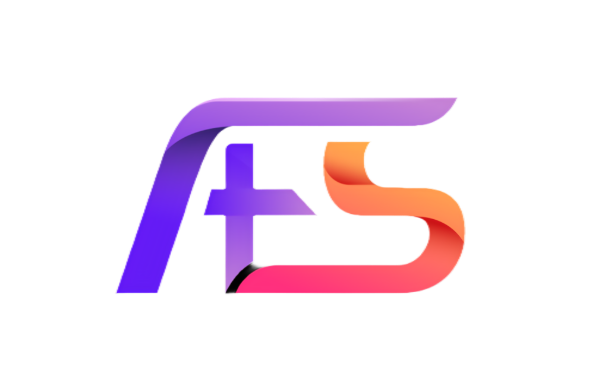
Introduction
Full stack development refers to the practice of developing both the front-end (client-side) and back-end (server-side) parts of a web application or software product. A full stack developer is proficient in working with both the front-end and back-end technologies, allowing them to build complete, end-to-end solutions independently or as part of a team.
key components involved in full stack development:
1.Front-end (Client-side) Technologies:
- HTML/CSS: For structuring and styling web pages.
- JavaScript: The primary scripting language for dynamic client-side behavior.
- Frameworks/Libraries: Such as React.js, Angular, or Vue.js for building interactive user interfaces.
- CSS preprocessors: Like Sass or Less, for more maintainable styling.
2.Back-end (Server-side) Technologies:
- Programming Languages: Such as JavaScript (Node.js), Python (Django, Flask), Java (Spring Boot), Ruby (Ruby on Rails), PHP (Laravel), etc.
- Databases: SQL databases like MySQL, PostgreSQL, or NoSQL databases like MongoDB.
- Server: Apache, Nginx, or cloud-based solutions like AWS, Azure, etc.
- API (RESTful/SOAP): Designing and integrating APIs for communication between different parts of the application or with external services.
- Version Control Systems: Such as Git, for tracking changes and collaborating with other developers.
Deployment/DevOps: Skills in deploying applications, managing servers, and understanding concepts like CI/CD (Continuous Integration/Continuous Deployment).
Design and UX/UI: Understanding of design principles and user experience considerations to create intuitive interfaces.
Security: Awareness of common security practices and vulnerabilities to ensure the application is secure.
Non-Technical Skills:
Problem-Solving and Debugging:
- Ability to identify and resolve technical issues efficiently.
Time Management and Project Management:
- Balancing multiple tasks, meeting deadlines, and effectively prioritizing work.
Communication and Collaboration:
- Clear communication with team members, stakeholders, and clients, fostering effective collaboration.
Adaptability and Learning Agility:
- Keeping up-to-date with industry trends, new technologies, and best practices.
UI/UX Design Principles:
- Understanding of user-centered design principles to create intuitive and engaging user interfaces.
Applications of Full stack development
E-commerce Platforms: Full stack developers build the entire ecosystem of e-commerce sites, handling everything from user interfaces to databases and payment gateways.
Social Media Platforms: Development of platforms like Facebook, Twitter, or LinkedIn involves creating user-friendly interfaces, integrating real-time features, and managing large databases.
Content Management Systems (CMS): Systems like WordPress or Drupal require full stack development to manage content, user permissions, and plugins/extensions.
Enterprise Resource Planning (ERP) Systems: Full stack developers create integrated systems that manage business processes like inventory, finance, and human resources.
Online Learning Platforms: Platforms like Coursera or Udemy require full stack development to handle user profiles, course content, payment systems, and interactive features like quizzes.
Booking and Reservation Systems: Applications for hotels, airlines, or event management involve real-time updates, secure payment processing, and user-friendly interfaces.
Healthcare Management Systems: Full stack developers create secure systems for managing patient records, scheduling appointments, and integrating with medical devices.
IoT (Internet of Things) Applications: Developing systems that interact with IoT devices involves creating APIs, managing data streams, and ensuring secure communication.
Fintech Applications: Financial technology applications require secure transactions, real-time data analysis, and integration with banking systems.
Gaming Platforms: Full stack developers build online gaming platforms, handling multiplayer interactions, real-time updates, and user authentication.
conclusion
full stack development is a comprehensive approach to building web applications that encompasses both front-end and back-end development, along with database management and other essential skills. Full stack developers play a crucial role in creating robust, scalable, and user-friendly applications by leveraging their proficiency across multiple technologies and frameworks.

